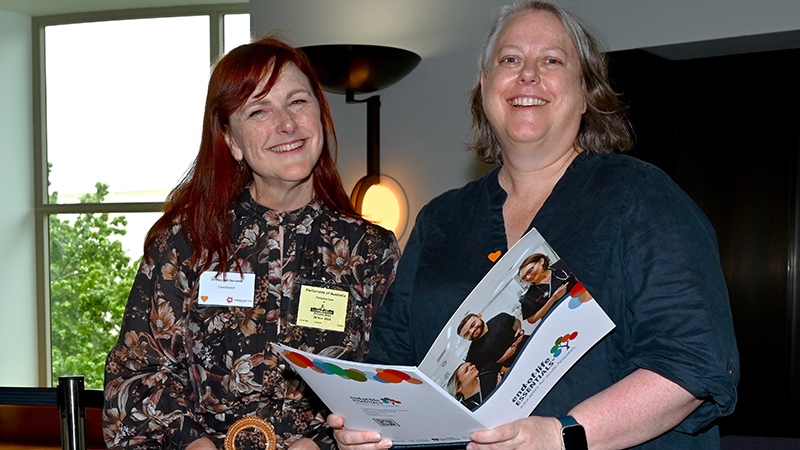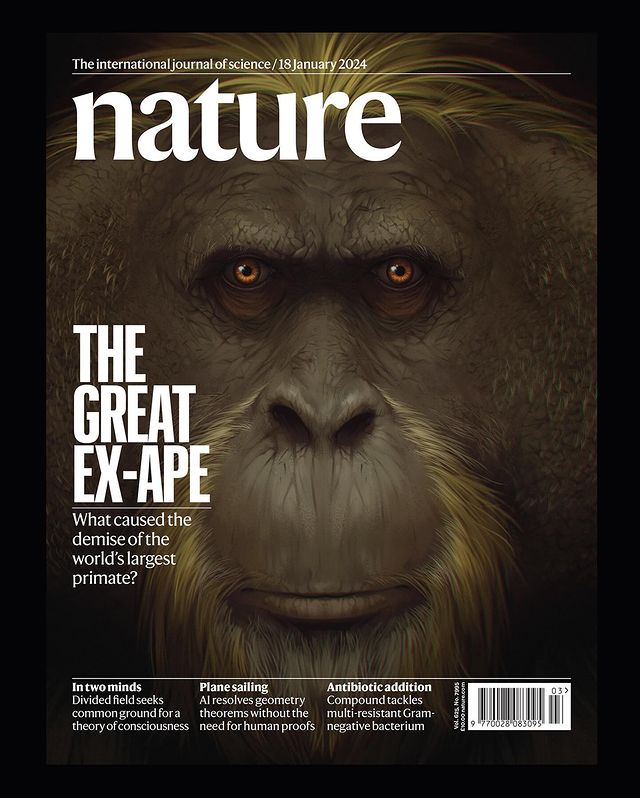
***

Dr Madhan Balasubramanian is a key contributor to a new study on health practitioner regulation that reveals a myriad of challenges that regulatory systems worldwide are currently grappling with. Commissioned by the WHO, this pivotal research will contribute to the first global guidance on health practitioner regulatory systems, anticipated to be released later this year.
Dr Balasubramanian underscored the critical insights gained from the review, and emphasised the need for regulatory design and reform to focus on evidence-based outcomes, highlighting the innovative approaches identified in their review. The study advocates for a systematic methodology to track and evaluate the effectiveness of regulatory interventions, underscoring their role in achieving comprehensive health workforce and health system objectives. Check out the report here, or download the paper here.
Dr Balasubramanian also appeared in Yahoo UK! and The Guardian discussing a recent study that found that aged care residents only receive appropriate care half the time, which he states “reveals some serious concerns about the quality of care provided to long-term care residents in Australia”. Read the article here.
***

Several representatives from the Research Centre for Palliative Care, Death, and Dying recently journeyed to Canberra to discuss several of their national projects at a two-day forum, including a Parliamentary Friends event. The National Palliative Care Projects are funded by the Department of Health and Aged Care. They work towards improving quality and access to critical support and treatment for people with life-limiting illnesses and their loved ones. Read more about the trip here.
***

Research undertaken by Associate Professor Mike Morley and the Flinders Microarchaeology Laboratory has been featured in an article gracing the cover of Nature Magazine.The study looked in to why the largest ever primate Gigantopithecus blacki went extinct between 295,000 and 215,000 years ago, when other Asian great apes were thriving. Flinders’ role in the research was studying the fossil bearing sediments in the cave to reconstruct the environments in which this great ape thrived and then disappeared.Research has revealed that while primates such as orangutans adapted their eating habits and behaviours in response to a changing environment, G. blacki showed signs of stress and struggled to adapt, resulting in their numbers dwindling.Read the journal article here.
***
 Flinders University researchers will share in almost $900,000 in funding in the seventh round of the Defence Innovation Partnership’s Collaborative Research Fund (CRF), announced last month. Six projects were awarded up to $150,000, with Flinders leading two projects and supporting research led by the University of Adelaide on a further two projects. Read more here.
Flinders University researchers will share in almost $900,000 in funding in the seventh round of the Defence Innovation Partnership’s Collaborative Research Fund (CRF), announced last month. Six projects were awarded up to $150,000, with Flinders leading two projects and supporting research led by the University of Adelaide on a further two projects. Read more here.

